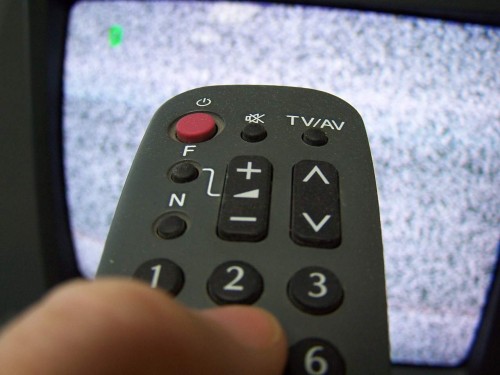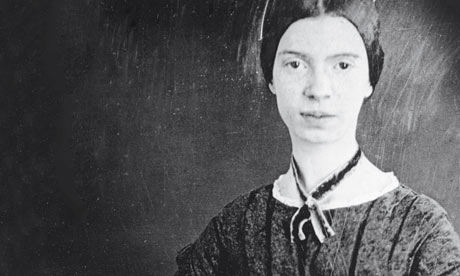The most important thing I ever learned about “living rich” was taught to me by a former rich guy who dropped out of the moneymaking game to study Chinese philosophy.
Jeff and I have been friends since high school. Twenty-five years ago, when we were still relatively young men, we were partners in a merchandise vending business that was making lots of money. Jeff’s annual compensation was in the mid six-figure range.
One day, he quit. Since then, he has supported himself by doing consulting and teaching Chinese martial arts. His departure from business did not diminish our relationship in any way. Rather, it allowed us to pursue different careers and compare notes along the way.
I’ve written about Jeff before. He is a serious and careful thinker. And whenever we get together, we enjoy ongoing conversations about topics that interest us both.
We talk about ontology. We talk about sexuality. We talk about aging and health. One thing we rarely discuss is money. But once, the subject did come up.
 MarkFord
MarkFord






